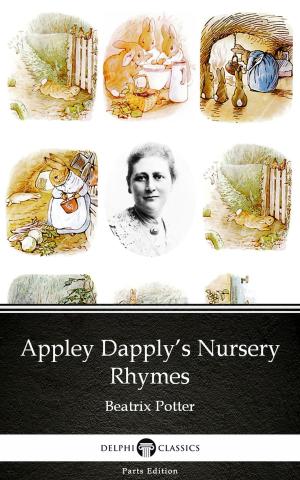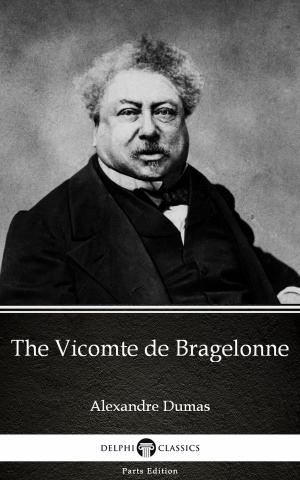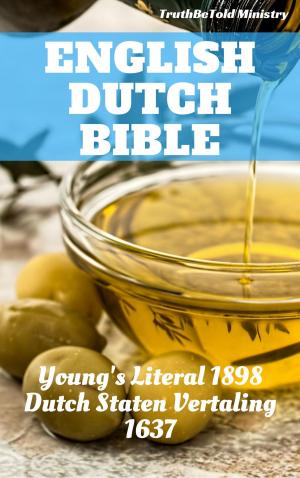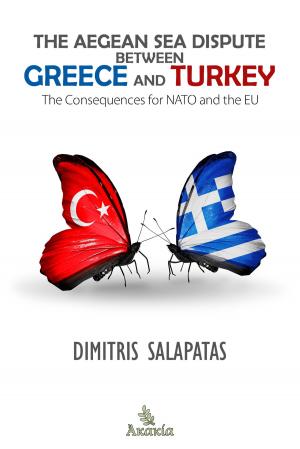| Author: | Paul Watson | ISBN: | 6610000023691 |
| Publisher: | PublishDrive | Publication: | July 25, 2017 |
| Imprint: | Merkaba Press | Language: | English |
| Author: | Paul Watson |
| ISBN: | 6610000023691 |
| Publisher: | PublishDrive |
| Publication: | July 25, 2017 |
| Imprint: | Merkaba Press |
| Language: | English |
THE manor of Lindholm lies in the centre of a smiling district about twenty miles north of the capital of Sweden. Placed on a height between two fairy lakes, it commands a wide and varied prospect over the surrounding country. The summit of this height was crowned, at the close of the fifteenth century, by a celebrated mansion. Time and the ravages of man have long since thrown this mansion to the ground; but its foundation, overgrown with moss and fast crumbling to decay, still marks the site of the ancient structure, and from the midst of the ruins rises a rough-hewn stone bearing the name Gustav Vasa. On this spot he was born, May 12, 1496. The estate was then the property of his grandmother, Sigrid Baner, with whom his mother was temporarily residing, and there is no reason to think it continued long the home of the young Gustav.
The family from which Gustav sprang had been, during nearly a hundred years, one of the foremost families of Sweden. Its coat-of-arms consisted of a simple vase, or bundle of sticks; and the Vasa estate, at one time the residence of his ancestors, lay only about ten miles to the north of Lindholm. The first Vasa of whom anything is definitely known is Kristiern Nilsson, the great-grandfather of Gustav. This man became noted in the early part of the fifteenth century as an ardent monarchist, and under Erik held the post of chancellor. After the fall of his master, in 1436, his office was taken from him, but he continued to battle for the cause of royalty until his death. Of the chancellor's three sons, the two eldest followed zealously in the footsteps of their father. The other, Johan Kristersson, though in early life a stanch supporter of King Christiern, and one of the members of his Cabinet, later married a sister of Sten Sture, and eventually embraced the Swedish cause. Birgitta, the wife of Johan Kristersson, is said to have been descended from the ancient Swedish kings. The youngest son of Johan and Birgitta was Erik Johansson, the father of Gustav. Of Erik's early history we know little more than that he married Cecilia, daughter of Magnus Karlsson and Sigrid Baner, and settled at Rydboholm, an estate which he inherited from his father. To this place, beautifully situated on an arm of the Baltic, about ten miles northeast of the capital, Cecilia returned with her little boy from Lindholm; and here Gustav spent the first years of his childhood.
THE manor of Lindholm lies in the centre of a smiling district about twenty miles north of the capital of Sweden. Placed on a height between two fairy lakes, it commands a wide and varied prospect over the surrounding country. The summit of this height was crowned, at the close of the fifteenth century, by a celebrated mansion. Time and the ravages of man have long since thrown this mansion to the ground; but its foundation, overgrown with moss and fast crumbling to decay, still marks the site of the ancient structure, and from the midst of the ruins rises a rough-hewn stone bearing the name Gustav Vasa. On this spot he was born, May 12, 1496. The estate was then the property of his grandmother, Sigrid Baner, with whom his mother was temporarily residing, and there is no reason to think it continued long the home of the young Gustav.
The family from which Gustav sprang had been, during nearly a hundred years, one of the foremost families of Sweden. Its coat-of-arms consisted of a simple vase, or bundle of sticks; and the Vasa estate, at one time the residence of his ancestors, lay only about ten miles to the north of Lindholm. The first Vasa of whom anything is definitely known is Kristiern Nilsson, the great-grandfather of Gustav. This man became noted in the early part of the fifteenth century as an ardent monarchist, and under Erik held the post of chancellor. After the fall of his master, in 1436, his office was taken from him, but he continued to battle for the cause of royalty until his death. Of the chancellor's three sons, the two eldest followed zealously in the footsteps of their father. The other, Johan Kristersson, though in early life a stanch supporter of King Christiern, and one of the members of his Cabinet, later married a sister of Sten Sture, and eventually embraced the Swedish cause. Birgitta, the wife of Johan Kristersson, is said to have been descended from the ancient Swedish kings. The youngest son of Johan and Birgitta was Erik Johansson, the father of Gustav. Of Erik's early history we know little more than that he married Cecilia, daughter of Magnus Karlsson and Sigrid Baner, and settled at Rydboholm, an estate which he inherited from his father. To this place, beautifully situated on an arm of the Baltic, about ten miles northeast of the capital, Cecilia returned with her little boy from Lindholm; and here Gustav spent the first years of his childhood.















